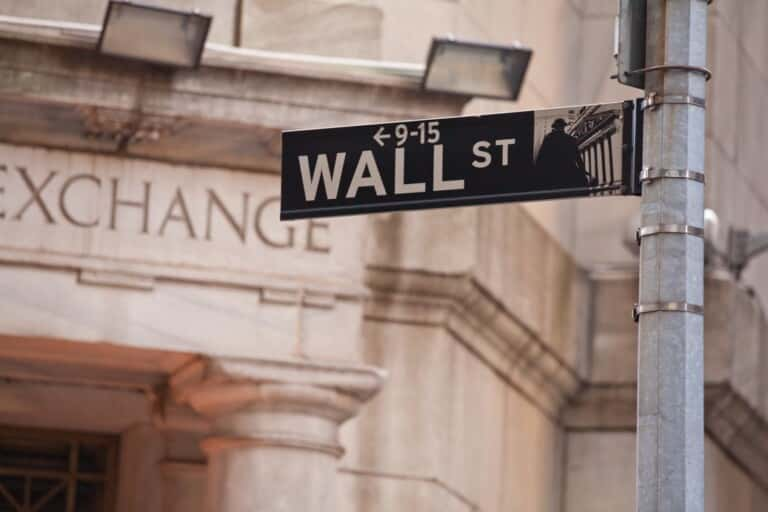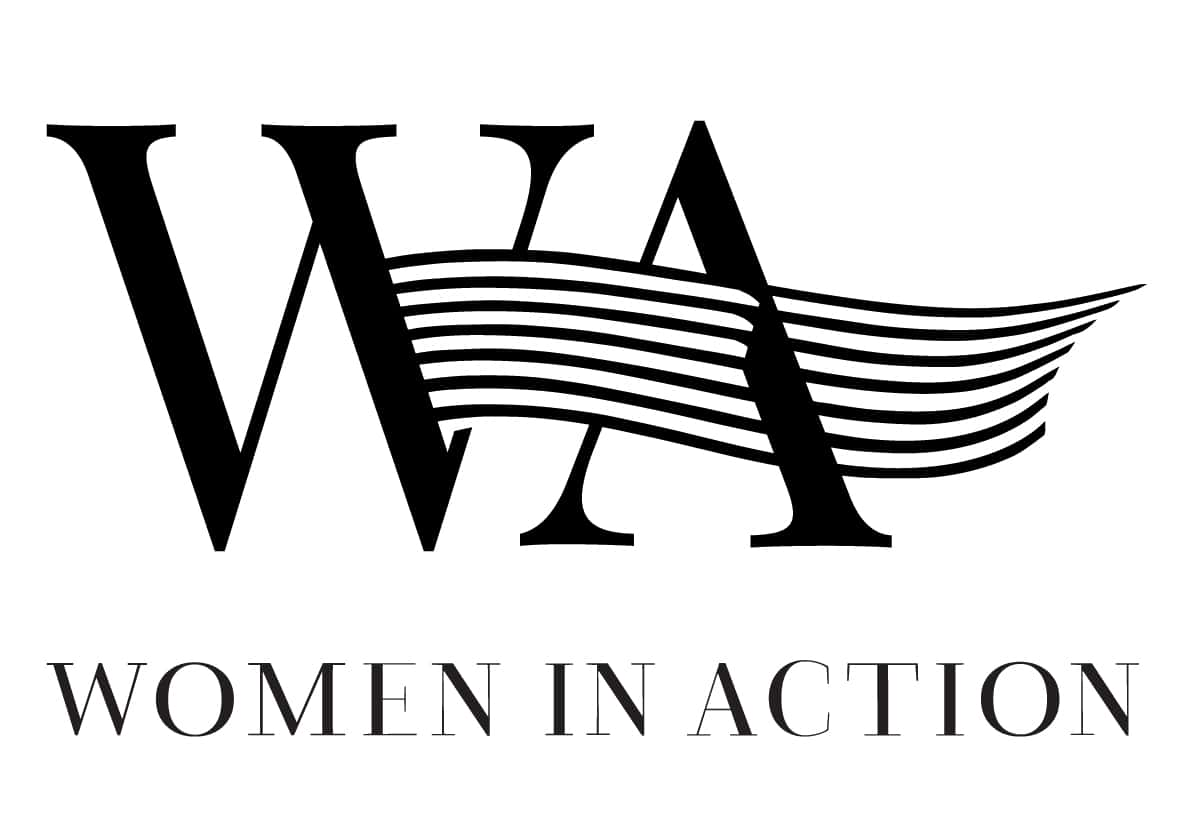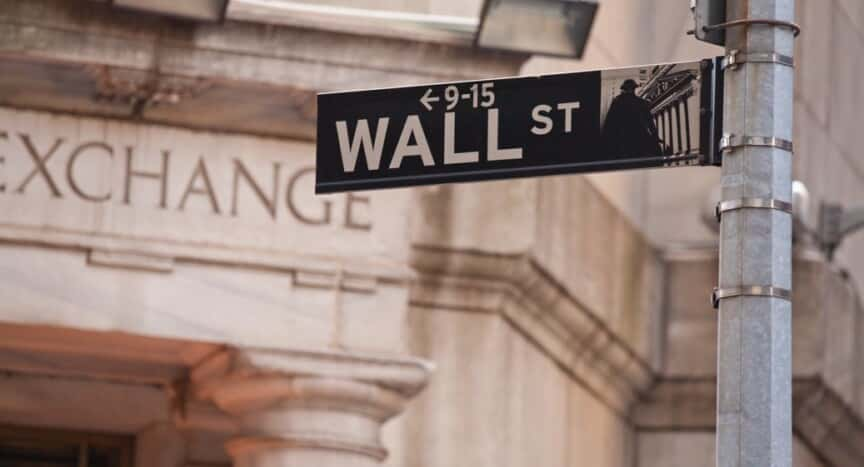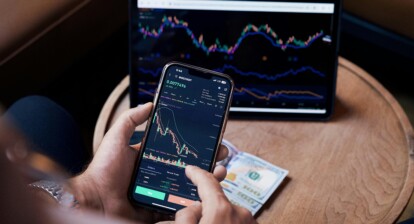In today’s first chapter of our “Series for beginners – how to invest in stocks”, we’ll look at basic terminology about investing and trading on the stock exchange. We will also look at basic investment intruments. There is a bit of theory today, but only to the extent of explaining the basics, which you’ll need to understand the content in the following chapters thoroughly.
What is the financial market?
Let’s begin with a short explanation – what is the financial market? The most basic description is this: it’s a marketplace where those who have free money meet those who need money. In other words, it’s similar to other markets you know but specified to financial resources – money.
It’s possible to find a lot of instruments on the financial markets that retail traders, like you and me, can trade with. We call these investment instruments or simply just instruments.
Stock exchange
Generally, the stock exchange is a place where it’s possible to trade with several instruments between buyers and sellers.
Some instruments need to be traded on a specific exchange, for example, stocks on NYSE – New York Stock Exchange or commodities on Chicago Mercantile Exchange. The vast majority of exchanges are legally regulated, and they need to follow strict rules.
Some instruments, for example, cryptocurrencies, are not traded on any specific exchange – the trades between buyers and sellers are intermediated by private subjects, for example, private company Coinbase. These private subjects provide platforms for trading cryptocurrencies. These companies are typically not regulated by any of the state authority.

What are the most commonly traded instruments and markets
There are thousands of instruments traded on the stock exchange. As we mentioned above, some are traded on a specific exchange like stocks or commodities, and some, like cryptocurrencies, can be traded outside the exchange, in other words, on markets outside regulations.
What are the most famous and most traded markets?
Forex market
- Forex, or Foreign Exchange, is an international foreign exchange market with currencies. Buyers and sellers on the forex market are usually global banks, national banks, investment funds, brokerage companies or insurance companies.
- Thanks to the development of electronic trading in the last few years, forex market has become available also for retail investors as well and allows market participants to buy and sell foreign currencies worldwide. It’s a market with one of the highest liquidity in the world. This market operates 24 hours per day, five days a week.
Stock exchange market
- A stock exchange market is a market where you can trade, i.e. buy and sell, stocks of listed companies. Stock exchange markets exist so that issuers (companies issuing stocks) can sell the stocks in favour of gaining profit and for investors to buy the stocks.
What is STOCK?
Stock is a Security which represents a share in a specific company. Specific rights are associated with each stock – the basis ones are the right of a company’s profit (in a form of a dividend) and the right to vote at the company’s general meeting.
Bond market
A bond is a debt obligation in the form of a Security. Therefore, a company issuing bonds gets capital from the buyers who buy the bonds. Bonds can be issued by the state (for example USA issues bonds called US Treasuries). Bonds can be issued also by private companies, these bonds are called corporate bonds.
Commodity market
There are many commodities traded on the market, from precious metals (such as gold or silver) to industrial metals (like allumnium or nickel). It is also typical to trade with agricultural commodities, like cacao, sugar, soy beans or wheat and energy, for example, natural gas or crude oil.
Cryptocurrency market
Everyone probably heard about bitcoin, ripple or ethereum. However, compared to the other markets, which are regulated by legislation, have their rules and are controlled and overseen by the government agency, the cryptocurrency market has no set of regulations or formal rules, and it’s not influenced by any governmental body. Thus, it is quite risky place for beginners.
Market with different derivatives – like futures, options, CFD etc.
Apart from commonly known instruments mentioned above, there are plenty of other specific instruments traded on the market. One of them are derivatives with their prices derived from other instruments. Moreover, it is also possible to trade with options (the right to buy a particular type of instrument).
Conclusion
There are tens of thousands of instruments that are traded on various markets, with billions of dollars of daily volume. Each instrument has its specifics and rules, and it’s easy for a person to feel overwhelmed by all of this.
This series focuses on stocks trading for a good, concrete reason. In our next episode, we’ll examine why we think stocks are an ideal starting point for beginners.



